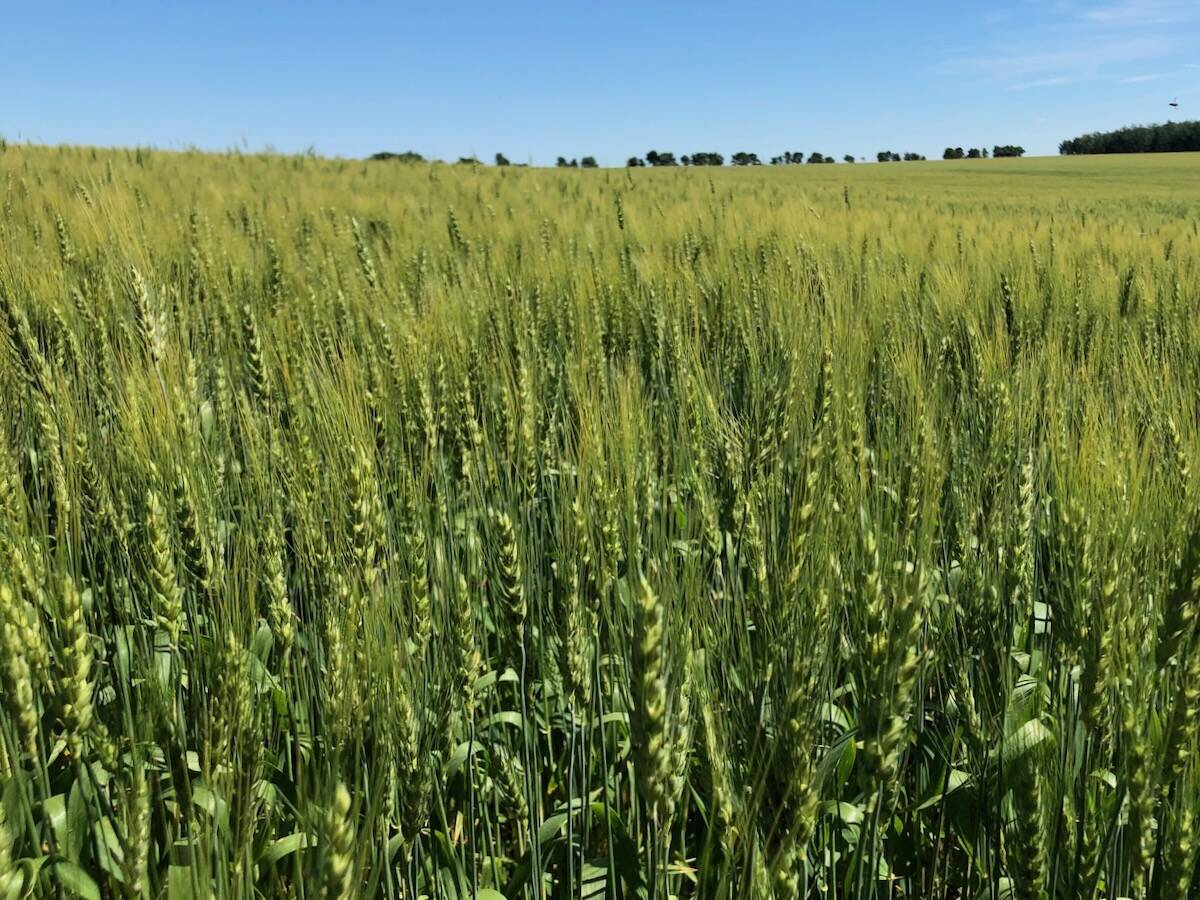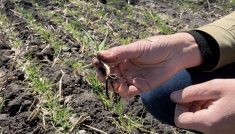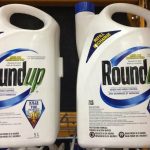Those two controversial lake ships the Canadian Wheat Board (CWB) is buying for $65 million will be paid for by farmers over four years instead of 25 because the federal government wouldn’t guarantee the CWB’s loan.
“For various reasons they (federal government) weren’t going to accept that (guaranteeing a loan) so we devised a plan to take it out of the pool accounts over a four-year period,” District 10 CWB director Bill Toews said at his directors’ meeting here March 15.
While a 25-year loan would cost farmers more in total due to additional interest costs, it would have spread the payments out, making the cost per tonne much smaller.
Read Also

Expert’s Radar: Ups and downs in wheat futures
Recent strength in wheat futures is partly tied to ideas that the U.S. crop won’t be as big as officially projected, but world supplies remain burdensome and Southern Hemisphere harvests are coming to market.
It’s expected to cost farmers $1 a tonne over four years to pay for the ships. One criticism of the purchase is that farmers about to retire will help pay for something they’ll see little or no direct benefit from.
The federal government guarantees most other CWB borrowings, including those used to finance its operations, as well as its hopper car purchase and a new laboratory in Saskatchewan.
The government guarantee
allows the CWB to borrow at very low interest rates – so low that it sometimes earns a profit through credit sales.
“I don’t know for sure what their (federal government) reasons were (for not guaranteeing the loan),” Toews said later in an interview. “I think it had to do with taking on more liability in a sense.”
A March 17 email from Agriculture Minister Gerry Ritz confirmed that.
“We were not willing to put taxpayers’ money at that kind of risk and the CWB should concentrate on marketing instead of getting into a business they know nothing about,” he wrote.
“Unfortunately, the CWB didn’t show the same respect for farmers’ money and went ahead and took on a risky venture without even asking them.”
Others have criticized the CWB for not consulting farmers before ordering the ships. But Ward Weisensel, the CWB’s chief operating officer, told farmers it was impossible to do because of a confidentiality agreement it signed with the other companies involved in buying lakers.
“Our partners don’t want their competitors knowing they’re potentially going to the market to buy vessels,” he said.
A lot of thought and research was done before the CWB decided to buy the vessels, Weisensel said.
The idea was brought to the CWB’s board of directors almost a year ago, he said. The board asked management to investigate further.
“The business case looked very sound,” Toews said.
“It’s a strategic investment in the marketing chain and it’s part of our responsibility to reduce the marketing costs of the grain that we ship.”
The CWB reckons the purchase will earn the CWB, and ultimately farmers, about $10 million a year.
It costs the CWB $70 million to $75 million a year to ship around 3.5 million tonnes of grain from Thunder Bay to ports in the lower St. Lawrence, Weisensel said.
Other factors that make the purchase so attractive include the strong Canadian dollar, elimination of a 25 per cent duty on foreign- made ships and the drop in orders for new ships, he said.
“Shipyards are hungry for business and you can get a vessel built much cheaper today than you could a couple of years ago,” Weisensel said.
The two ships the CWB is buying are part of a seven-ship purchase by Algoma and Upper Lakes. The ships, which are being built in China, will be managed and operated by Seaway Marine Transport, which is jointly owned by Algoma and Upper Lakes.
Only one farmer here commented on the purchase.
“I would like to give a bouquet to our board and management for this lake (ship) deal,” said Somerset-area farmer Bill Acheson. [email protected]
———
”Wewerenotwillingtoputtaxpayers’money atthatkindofriskandtheCWBshould concentrateonmarketinginsteadofgetting intoabusinesstheyknownothingabout.”
– GERRY RITZ















